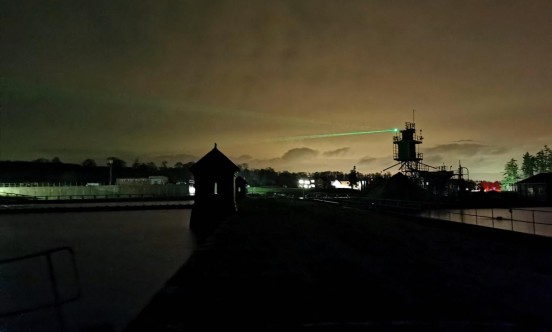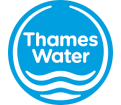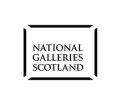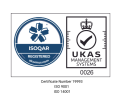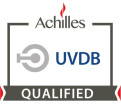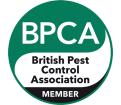
Call 0333 567 2020 for advice and quotes or contact us online

Roosting Gulls at Leading Utilities Company
Gallery
Supporting Managing Water Quality
Our client, a leading utilities company, were having issues on one of their water treatments works. A large site, it employs a Victorian system of slow sand filtration across 23 beds. Raw water is gravity fed 18 miles from a local reservoir then temporarily held before at another reservoir prior to beginning the treatment process.
The client contacted NBC as the site was accommodating night roosting gulls of mixed species. Guano, feather moult and food scraps, posed a significant health risk to the water quality on site and could subsequently lead to DWI inspection failure.
Our Solution
NBC initially proposed a survey to establish bird species, numbers and behaviours. Ornithological data was recorded over the course of 24 hours including: dawn survey - 4:30am through 8:30am; midday survey - 10am through 2pm; dusk survey - 6pm through 10pm.
This survey established that peak activity was around dusk and throughout the night until dawn – come morning the birds would leave site, presumably to feed and then return at dusk. It was this data, gathered from one of our qualified bird specialists, that gave us insight into the colony’s behaviours. This enabled us to formulate the correct solution and recommend a suitable programme. An 8-week trial period was conducted, using innovative Agrilaser technology combined with the use of falcons and hawks.
The programme was a resounding success. A report was submitted to management which evidenced the decline in numbers, and, with images obtained from our remote monitoring camera, we were able to show how the gulls were reacting to the methods implemented. Site then followed this trial period up with a further falconry intensive programme that then moved to weekly falconry visits protecting the site throughout the day, our innovative laser technology protecting the site throughout the night. The species no longer roost on site overnight which has meant that guano, feather moult and food scraps, no longer pose a significant health risk to the water quality on site and there is no longer the risk of a DWI inspection failure
Find out more about our Laser Bird Deterrent Systems
Read our informative articles Do Lasers Deter Birds?, Nuisance Birds - Gulls , How To Get Rid of Seagulls
